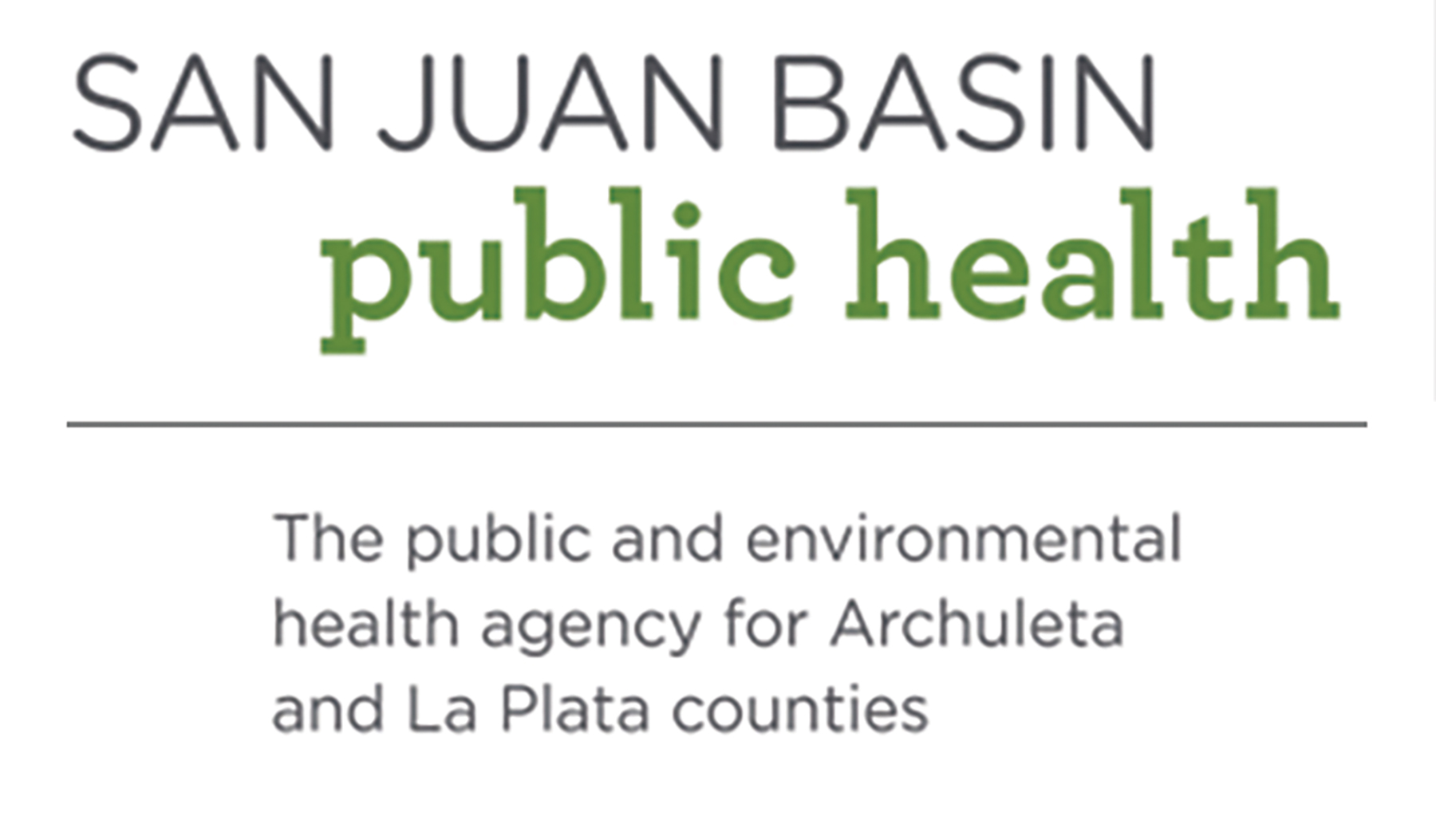Summer COVID-19 Mass Testing Event
On Monday, July 19 from 8 a.m. to 4 p.m., the Incident Management Team will be offering another mass testing event. Since the emergence of the new Delta Variant, we are concerned that the variant may spread in the unvaccinated and under-vaccinated population in and around Ignacio. Under-vaccinated persons are those that received one dose of a two-dose regime: so only one dose of the Pfizer or Modena vaccine. One dose does not provide adequate coverage against the new variant.
As the details of the article below suggest, this variant causes more severe disease and may present different symptoms than the original strain. All positive test results will be sent to the State Public Health lab facility for any variant identification. It is at the state lab where researchers identify the more infectious strains.
Southern Ute Indian Tribe Health Center staff will call all patients with positive test results and any variants that may be identified.
The Delta Variant
The Covid-19 delta variant originally discovered in India is now spreading around the world, becoming the dominant strain in some countries, such as the U.K., and likely to become so in others, like the U.S. The World Health Organization said the variant had been detected in more than 80 countries and it continues to mutate as it spreads.
The variant now makes up 10% of all new cases in the United States, up from 6% last week. Studies have shown the variant is even more transmissible than other variants.
Scientists have warned that the data suggests the delta variant is around 60% more transmissible than the “alpha” variant (previously known as the U.K. or Kent variant which was itself a much more transmissible than the original version of the virus) and is more likely to lead to hospitalizations, as has been seen in countries like the U.K.
WHO officials said Wednesday there were reports that the delta variant also causes more severe symptoms, but that more research is needed to confirm those conclusions.
Still, there are signs that the delta variant could provoke different symptoms than the ones we’ve been advised to look out for when it comes to Covid-19.
What to watch out for?
Throughout the pandemic, governments around the world have warned that the main symptoms of Covid-19 are a fever, persistent cough and loss of taste or smell with some domestic variations and additions as we’ve learned more about the virus.
The CDC’s updated list of symptoms, for example, includes fatigue, muscle or body aches, headache, a sore throat, congestion or runny nose, nausea or vomiting and diarrhea as possible symptoms of infection. There are of course the millions of people who have had Covid-19 with no symptoms at all with the extent of asymptomatic transmission still being investigated by scientists.
But the delta variant appears to be provoking a different range of symptoms, according to experts.
“Covid is also acting differently now; it’s more like a bad cold in this younger population and people don’t realize that and that hasn’t come across in any of the government information.”
“Since the start of May, we have been looking at the top symptoms in the app users and they are not the same as they were,” he said. “The number one symptom is headache, then followed by sore throat, runny nose and fever.” More “traditional” Covid symptoms such as a cough and loss of smell were much rarer now, he said, with younger people experiencing much more of a bad cold or “funny off feeling.”
Anyone suspecting they may have symptoms associated with COVID-19, please schedule a test at SUHC or come to the testing event on Monday, July 19.

